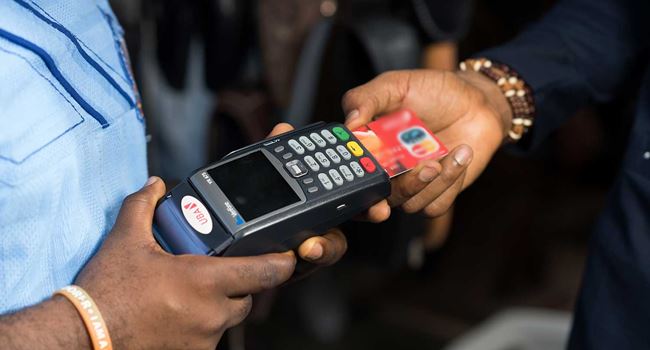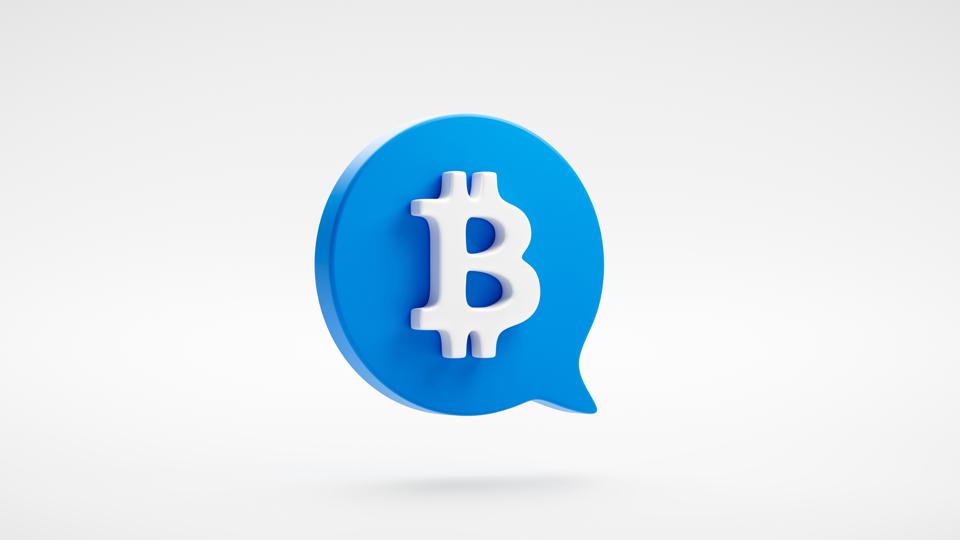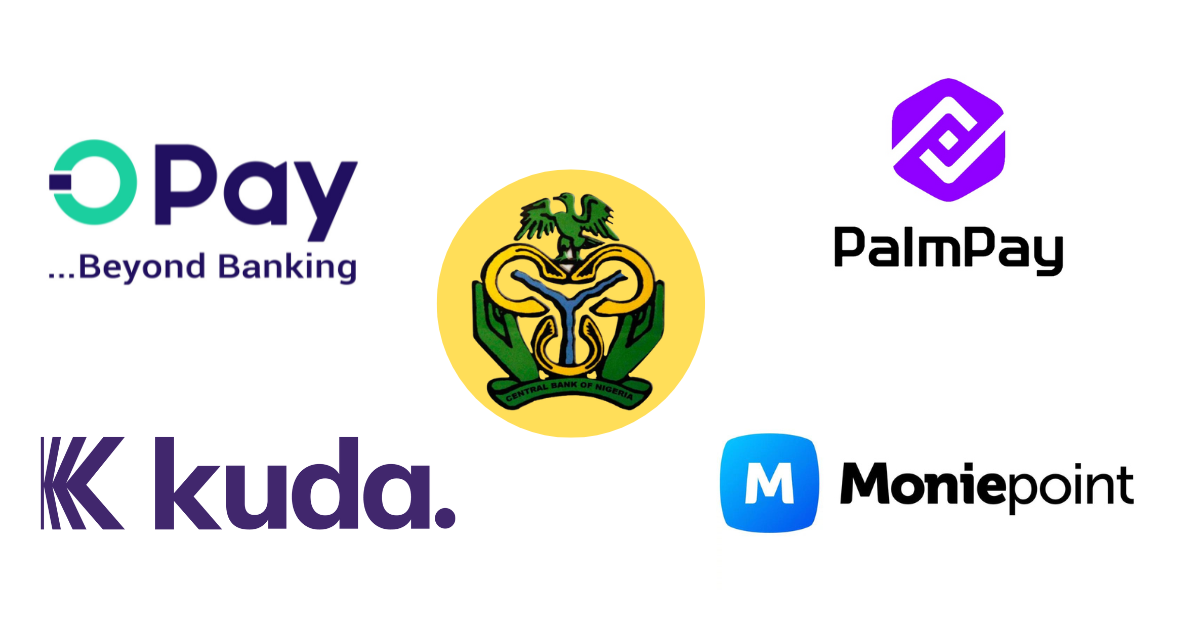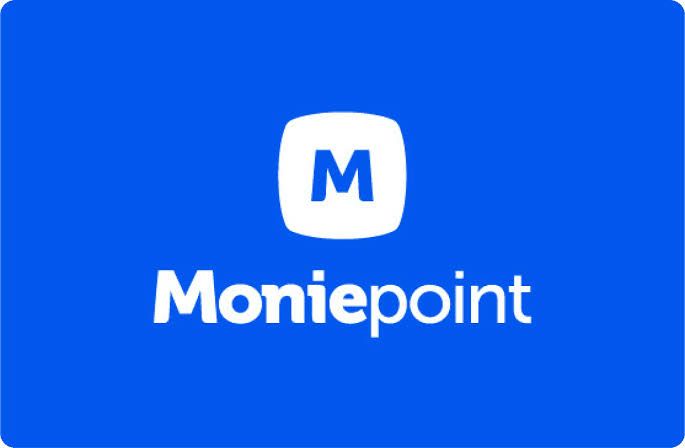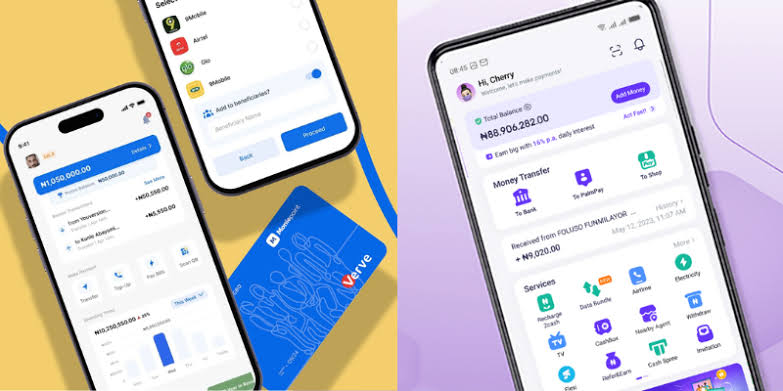Nigerian fintech companies like OPay, Moniepoint, and PalmPay will charge N50 for electronic payments of N10,000 or more to personal or business accounts starting September 9, 2024. This is to follow rules set by the Federal Inland Revenue Service (FIRS).
OPay, a leading fintech, issued a notice informing customers of the development. The notice stated that the levy is a government requirement and not a source of revenue for the company.
“Dear valued customers, please be informed that starting September 9, 2024, a one-time fee of N50 will be applied for electronic transfers of N10,000 and above, paid into your personal or business account in compliance with the Federal Inland Revenue Service regulations,” the notice from OPay read.
Read also: OPay, Kuda, Moniepoint, others pause signups amidst CBN probe
This announcement follows the Nigerian Federal Government’s broader efforts to generate revenue from electronic transactions. Other fintech platforms, including Moniepoint and PalmPay, have also started implementing these charges.
Enforcement and Compliance Electronic Money Transfer Levy Regulations
The levy stems from the Electronic Money Transfer Levy Regulations, 2022, issued under the authority of former Minister of Finance, Budget, and National Planning, Mrs Zainab Ahmed. The regulations were created under Section 89A(3) of the Stamp Duties Act (SDA), as amended by the Finance Act 2021, to guide the imposition and collection of levies on electronic money transfers.
The primary provision of these regulations is the introduction of a one-time levy of N50 on electronic receipts or transfers of N10,000 or more. The levy also applies to foreign currency transfers, with the equivalent fee charged based on rates determined by the Central Bank of Nigeria (CBN). FIRS is designated as the administrator of the levy and is tasked with ensuring the assessment, collection, and remittance of the fees.
The regulations also require that banks and payment platforms act as collection agents for the levy. They must remit the collected levies to the FIRS by the next working day. In cases where transactions are cancelled or reversed, financial institutions must prepare daily reports detailing the amounts involved, and any levies on such transactions must be returned to customers through the next day’s collections.
Additionally, banks must submit monthly returns to FIRS detailing the levies collected, including those on reversed transactions. Failure to collect or remit these levies may result in significant penalties for the banks or fintech companies. Non-collection of the levy incurs a 150% penalty of the uncollected amount, while failure to remit levies collected will result in an additional 50% penalty and interest at the CBN’s Monetary Policy Rate.
Financial institutions must retain detailed records of all electronic transfers and levy collections for at least seven years, ensuring transparency and compliance with FIRS regulations. Banks failing to submit accurate monthly returns face a 10% penalty on any incorrectly rendered reports.
Read also: CBN’s Licence Revocation and Heritage Bank: NDIC’s Role
Fintech companies speak out on government levies
These levies are part of the Nigerian government’s broader push to boost revenue through digital channels, but they may also impact users who rely on fintech platforms for daily transactions. Despite users’ concerns about the additional costs, OPay and other fintech companies emphasise that the charges are purely government-imposed and do not contribute to their profits.
The enforcement of this regulation highlights the growing intersection between technology and fiscal policy, as fintech platforms play an increasing role in Nigeria’s financial system.
The levy is mandated by the Electronic Money Transfer Levy Regulations 2022, introduced under the Finance Act 2020, to generate government revenue. The fee, collected by receiving banks and remitted to the FIRS, will not benefit the fintechs directly.
OPay clarified that the charge is not a revenue stream for the company but a government requirement, emphasising that all funds collected are directed to the Federal Government.
The levy system applies to transfers in Naira and other currencies, with the exchange rates determined by the Central Bank of Nigeria. Receiving banks are responsible for collecting the fee and remitting it to the FIRS by the next business day, and penalties are in place for non-compliance.
